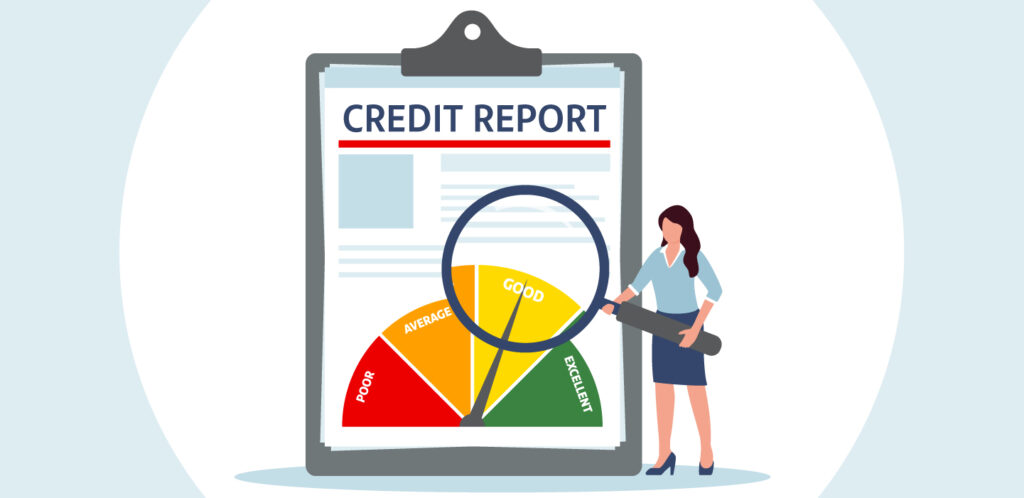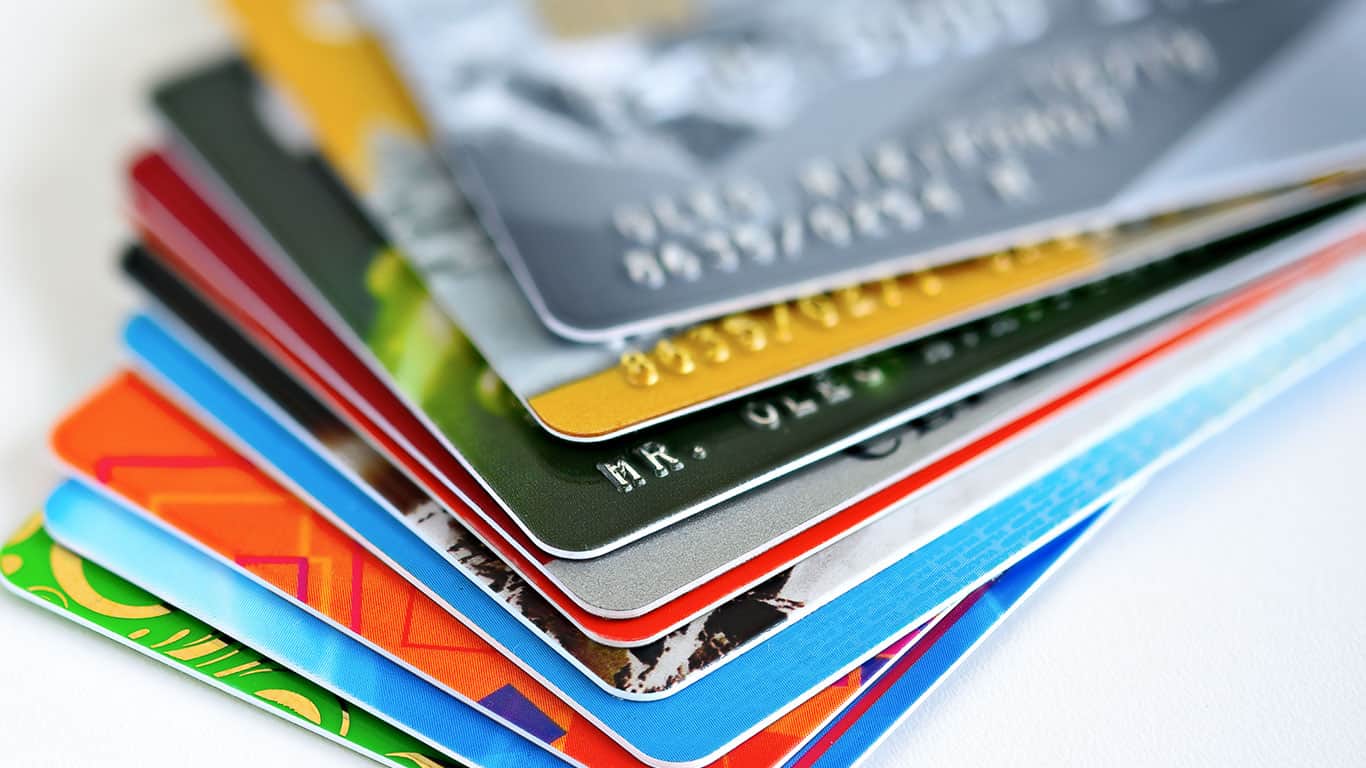Having good credit is essential for many aspects of life, such as buying a home, renting an apartment, obtaining a loan, and even getting a job. If you have a low credit score or a less-than-perfect credit history, you may be tempted to repair it yourself.
While DIY credit repair can be a viable option, it’s crucial to know the dos and don’ts to avoid making common mistakes that could further harm it.
1. Do: Check Your Credit Report
Before you begin repairing your credit, you need to know where you stand. Checking your report will give you a clear understanding of your history, including your outstanding debts, payment history, and any errors that need to be addressed.
You can obtain a free copy of your credit report from each of the three major bureaus – Equifax, Experian, and TransUnion – once a year. Review your report for any inaccurate information or errors and report them to the credit bureau immediately.
Don’t: Dispute Accurate Information
When reviewing your report, you may come across information that you believe is inaccurate or outdated. While you can dispute inaccurate information, disputing accurate information is a waste of time and could harm your score further. Instead, focus on paying off any outstanding debts and making timely payments on your current accounts.
2. Do: Create a Budget

Creating a budget can help you achieve both of these goals. Start by listing all of your monthly expenses, including rent, utilities, groceries, and other bills. Then, subtract your total expenses from your monthly income to determine how much money you have left over each month to pay off your debt.
Use this extra money to make extra payments on your outstanding debts or to pay off high-interest credit cards.
Don’t: Close Credit Accounts
Closing accounts may seem like a good way to improve your credit score, but it can actually have the opposite effect. Closing accounts reduces your available credit, which increases your utilization ratio – the amount of credit you use compared to your limit.
A high utilization ratio can lower your score. Instead of closing accounts, focus on paying off your debts and using your credit responsibly.
3. Do: Contact Your Creditors

If you’re struggling to make your monthly payments, contact your creditors to discuss your options. Many will offer hardship programs, such as reduced interest rates or payment plans, to help customers who are experiencing financial difficulties.
Contacting them and working out a payment plan can help you avoid late payments and collections, which can damage your score.
Don’t: Fall for Credit Repair Scams
Credit repair scams are common, so it’s essential to be cautious when searching for these services. That is where Utah credit repair services come in. Avoid any company that promises to remove accurate information from your report, requests payment upfront, or suggests creating a new identity.
Legitimate companies can help you dispute inaccurate information and improve your score, but they cannot remove accurate information or create a new identity for you.
4. Do: Make Timely Payments

One of the most critical factors affecting your credit score is your payment history. Late payments can have a significant negative impact on your score, so it’s essential to make all of your payments on time.
Set up automatic payments or reminders to ensure that you never miss a due date. If you do miss a payment, contact your creditor as soon as possible to make arrangements and avoid any further damage to your score.
Don’t: Max Out Your Credit Cards
Maxing out your credit cards can hurt your score in several ways. First, it increases your utilization ratio, which accounts for 30% of your credit score. Second, it can make it more challenging to make your monthly payments, which can lead to late payments and additional fees.
Instead of maxing out your cards, try to keep your utilization ratio below 30% by paying down your balances and using your credit responsibly.
5. Do: Negotiate with Debt Collectors

If you have accounts in collections, you may be able to negotiate a settlement with the debt collector. Debt collectors may be willing to settle for less than the full amount if you can pay the settlement in a lump sum.
Negotiating a settlement can help you pay off your debt and improve your score by showing that you’re taking steps to resolve your outstanding debts.
Don’t: Apply for Too Much Credit at Once
Each time you apply for credit, the creditor will perform a hard inquiry on your report. Hard inquiries can lower your score by a few points each time, so it’s essential to avoid applying for too much credit at once. Instead, space out your credit applications and only apply for it when you really need it.
6. Do: Check Your Credit Report Regularly

Checking your credit report regularly is an essential step in repairing your credit. You can obtain a free copy of your report from each of the three major bureaus once a year. Review your report carefully and dispute any errors or inaccuracies that you find. This can help you remove negative items from your report and improve your score.
Don’t: Co-Sign for Others
Co-signing for someone else’s loan or credit card can have a significant impact on your score. If the borrower defaults on the loan or misses payments, you’ll be responsible for making those payments, and your score can be affected.
Before co-signing for someone else, make sure that you understand the risks and that you trust the borrower to make their payments on time.
Conclusion

Repairing your credit can be a daunting task, especially when you’re not sure where to start. It’s essential to understand the dos and don’ts of DIY credit repair to avoid common pitfalls. One crucial aspect to consider is debt collection. Understanding how this process works can significantly impact your credit repair journey. Remember, knowledge is power when it comes to managing your financial health.
DIY credit repair can be an effective way to improve your score, but it’s important to know the dos and don’ts to avoid making common mistakes. By following these tips, you can improve your score and achieve your financial goals. If you need help repairing your credit, consider working with a reputable company to guide you through the process.
